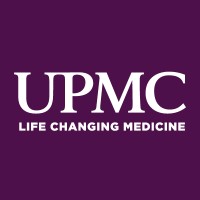FAQs
What are the responsibilities of a Graduate Nurse on the 5A Oncology unit?
The responsibilities include providing nursing care to a group of patients and their families, collaborating with the care team, demonstrating leadership skills, establishing relationships with physicians and other healthcare providers, and promoting desired patient outcomes.
What qualifications are required for the position of Graduate Nurse on the 5A Oncology unit?
Applicants must be a Registered Nurse and possess the necessary skills and knowledge to provide high-quality patient care.
How does the role of a Graduate Nurse on the 5A Oncology unit differ from other nursing positions?
The role involves managing patient care for a specific group of patients in the oncology unit, collaborating with the care team, and demonstrating leadership skills to achieve desired patient outcomes.
What is the importance of collaboration in the role of a Graduate Nurse on the 5A Oncology unit?
Collaboration with physicians, other healthcare providers, patients, and their families is essential to achieve desired patient outcomes and provide comprehensive care.
How does the Graduate Nurse on the 5A Oncology unit demonstrate commitment to the nursing profession and the community?
By providing high-quality patient care, collaborating with the care team, and continuously seeking opportunities for professional development and improvement in patient outcomes, the Graduate Nurse demonstrates commitment to the nursing profession and the community.

